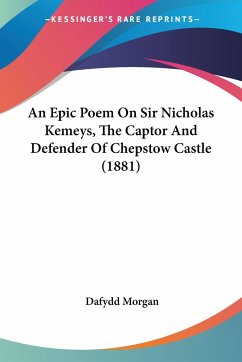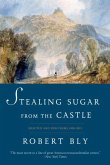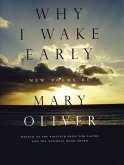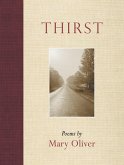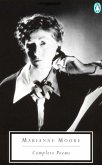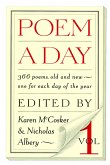With this poem, Fred Chappell takes his readers far from the southern landscape and familiar passions of his acclaimed Midquest tetralogy. He tells instead of a forbidding medieval castle ruled by a mad king and peopled by bitter, scheming grotesques and melancholy weaklings who cower at the sound of the sweet, sad voice of truth that haunts their nights. Castle Tzingal is a fairy tale without moral or happy ending, a tale in which lies and self-deceptions take the place of ogres and in which moral corruption is the dragon to be slain. In a series of highly formal dramatic monologues, Chappell presents the corrupt longings and fears of the court's manipulative astrologer, its forlorn queen, a pensioned admiral, a seductive page, and the homunculus--born of chemicals and fire--who spies on them all: What things I might say if I so inclined! The astrologer's passion for a comely page Is news; Queen Frynna has no peace of mind Since a nimble harpist sojourned here Last twelvemonth; there's a wealthy vein of silver Runs beneath our Castle Tzingal; the magpie Singing in the courtyard wicker cage Is a transformed enemy sorcerer. This kind if information finds its flowering In time; all knowledge becomes of use, >Ruling over this monstrous court is King Tzingal himself--self-proclaimed "great lord of toads"--whose only power is hatred and whose reign can only be ended when his dismal kingdom is finally overrun by truth, by poetry. Set in a mythical kingdom in a mythical age, Castle Tzingal is a political fairy tale that speaks with the vivid, sometimes harsh truth and knowledge of our most fevered nightmares.
Hinweis: Dieser Artikel kann nur an eine deutsche Lieferadresse ausgeliefert werden.
Hinweis: Dieser Artikel kann nur an eine deutsche Lieferadresse ausgeliefert werden.


